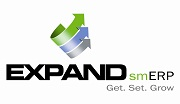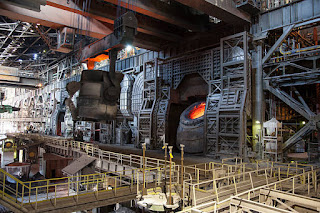The automobile industry includes designing, manufacturing and marketing of various types of vehicles for the transport of people and goods. These include trucks, cars, scooters, etc. The automobile industry began in the USA in the 1890s, and for almost a century, it was the world’s leading automobile manufacturer. Then it was over taken by Japan. However, currently China holds the top position in automobile production, followed by USA and Japan. Germany and Mexico are some other major players in this sector. In India, the industry is located near the big cities of Delhi, Kolkata, Mumbai and Bengaluru.
The premier automobile making companies in the world are Toyota (Japan), Volkswagen (Germany), Hyundai (South Korea), General Motors (USA) and Ford (USA).
It is crucial to have a streamlined and optimized business in the automobile industry. Enterprise Resource Planning or ERP or ERP for automobile industry can help an industry grow to a much higher level. With an ERP software implemented at its fullest in an automobile industry it is much easier to overcome industrial challenges like, quality customer service and delivery management. In an automotive industry many inter linked processes are to be managed without is a single mistake. This is easier using an ERP software. It is also available on cloud. This software keeps a record of our profits, losses and investments. It works on different levels, form HR management to printing of pay rolls.
A study by the CIO Magazine published in 2008 revealed that nearly 85% of the respondents agreed that ERP systems were vital to the core operation of their automobile industry, adding that it was very crucial to live without it.
Benefits of using an ERP system in an Automobile Industry:
- Integration of value chain activities
- Inventory Management
- Controlling and Monitoring several projects simultaneously
- Enterprise visibility
- Operational excellence
- Reduction in errors
- Improved CRM and real-time information access. India is expected to be the 3rd largest passenger-vehicle market by 2021.
Mind is never a problem. Mindset is.
Shri Narendra Modi



